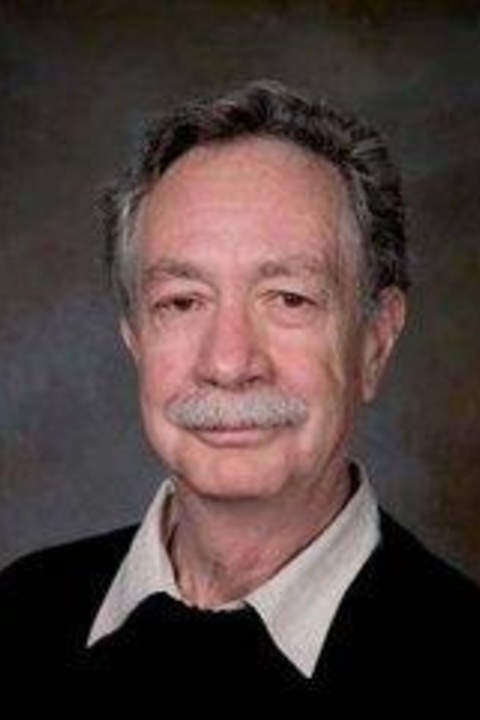Born in the highlands of Peru to Jewish immigrant parents who had fled Nazi Germany, Enrique Mayer completed his college education at the London School of Economics and received his doctorate from Cornell University. His professional career as a university teacher began at the Pontificia Universidad Católica in Lima, Peru. He later moved to Mexico City, where he took charge of the Department of Anthropological Research at the Inter American Indian Institute. In 1982 he joined the faculty of University of Illinois at Urbana-Champaign with a joint appointment in the Department of Anthropology and the Center for Latin American and Caribbean Studies. In 1995, he became a member of the Anthropology Department at Yale University.
Professor Mayer specializes in Andean agricultural systems and Latin American peasantries. His work has shown that regions characterized by diversity (such as mountainous environments, small islands, and “marginal” lands), not suitable for agribusiness, are exploited by peasants in strikingly similar ways. Worldwide, peasant forms of production predominate and persist in these environments. These agricultural systems are important to those concerned about world genetic resources, or about environmental conservation, and to scholars who seek an understanding of ancient and yet also very contemporary Non Western rural life-ways. He is currently collecting “ugly” stories about the agrarian reform in Peru (1969), finding that most people, although they benefited from it, nonetheless feel victimized and regard the reform as a failure. He is also the author of The Articulated Peasant: Household Economies in the Andes (2001).
